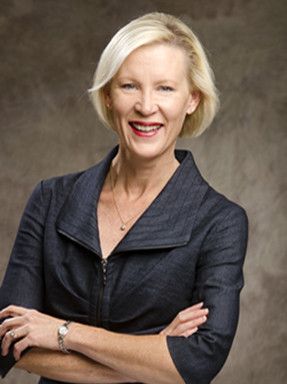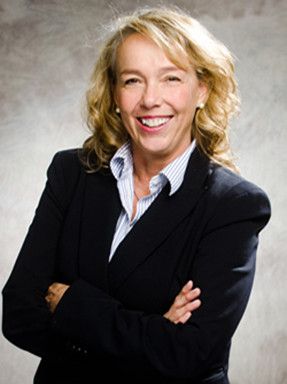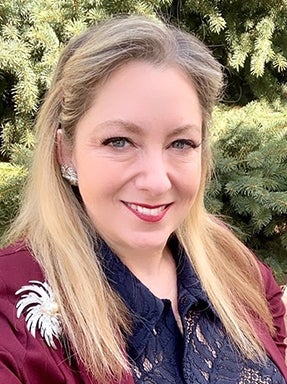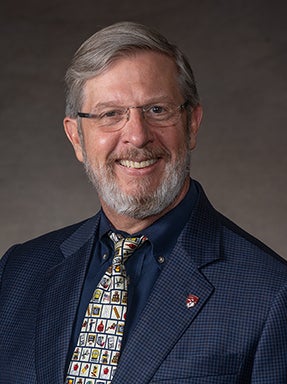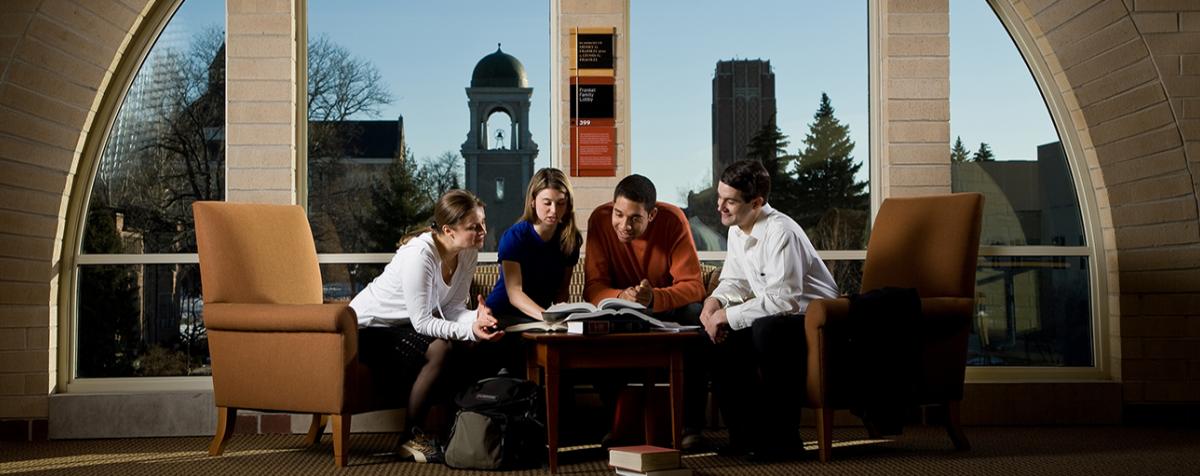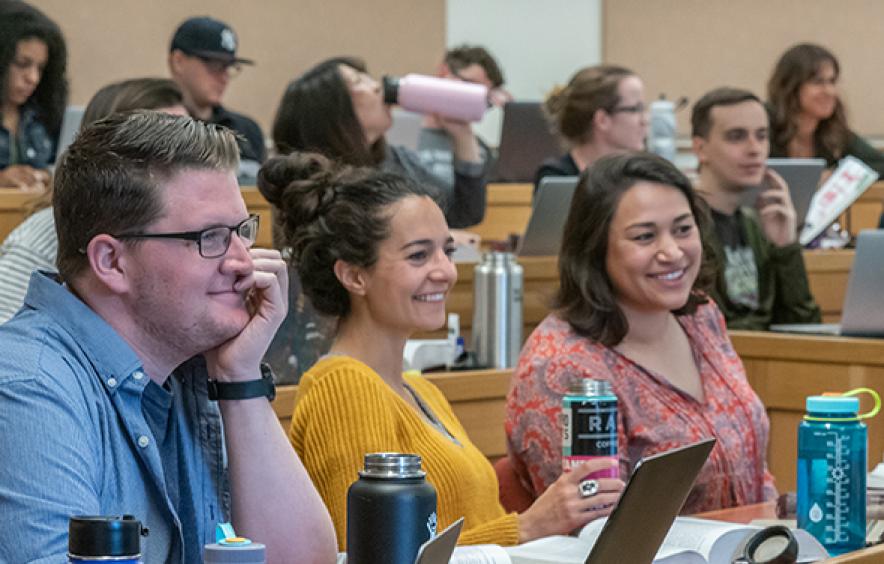Students submit approximately 10 writing assignments each semester. These vary in length and difficulty, and students receive feedback such as oral critiques, peer edits, in-class workshops, and extensive review by LP faculty. Early assignments carry less weight so students can learn by experimenting, and receive feedback on their analysis that is focused on improving the work product.
After students have participated in several low-pressure/high-value assignments and reviews, they prepare both initial and revised versions of major assignments. To help with revisions, LP professors provide comments on content, organization, style and mechanics. Each major assignment also includes an overall assessment so students can gain perspective on their work and prioritize what they can do to improve.
The program incorporates at least two individual or small group conferences each semester, both before assignments are due and between revisions when students are focused on putting the critique to immediate use.
Oral communication is often as critical to an attorney’s practice as written communication. Each semester, LP students are provided with opportunities to discuss and present their analysis orally, including:
- A one-on-one oral report to an experienced practitioner
- A practice oral argument
- A final oral argument before a panel of practicing attorneys and judges in the courtrooms of the Tenth Circuit Courts of Appeals, the Colorado Supreme Court, and the Colorado Court of Appeals.

